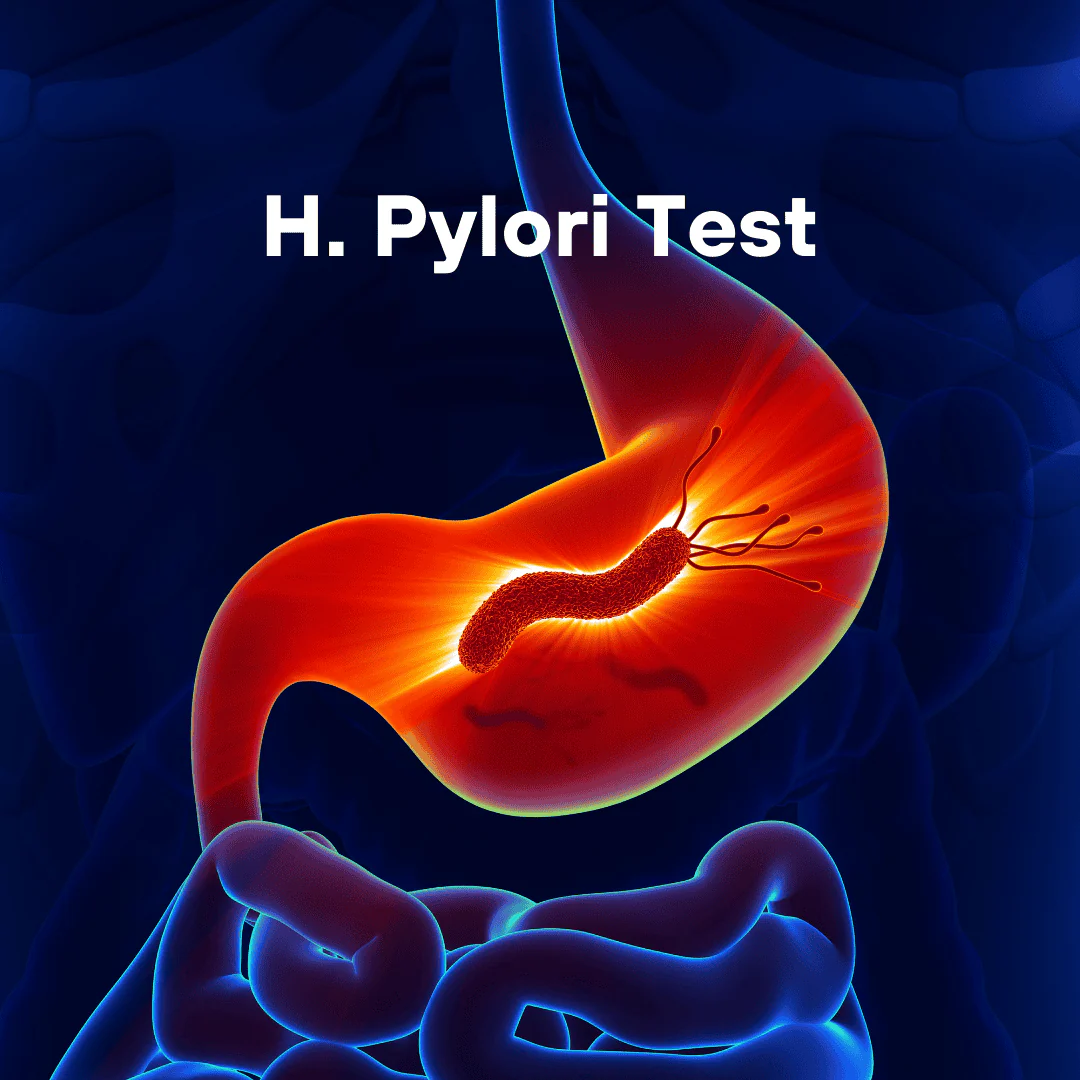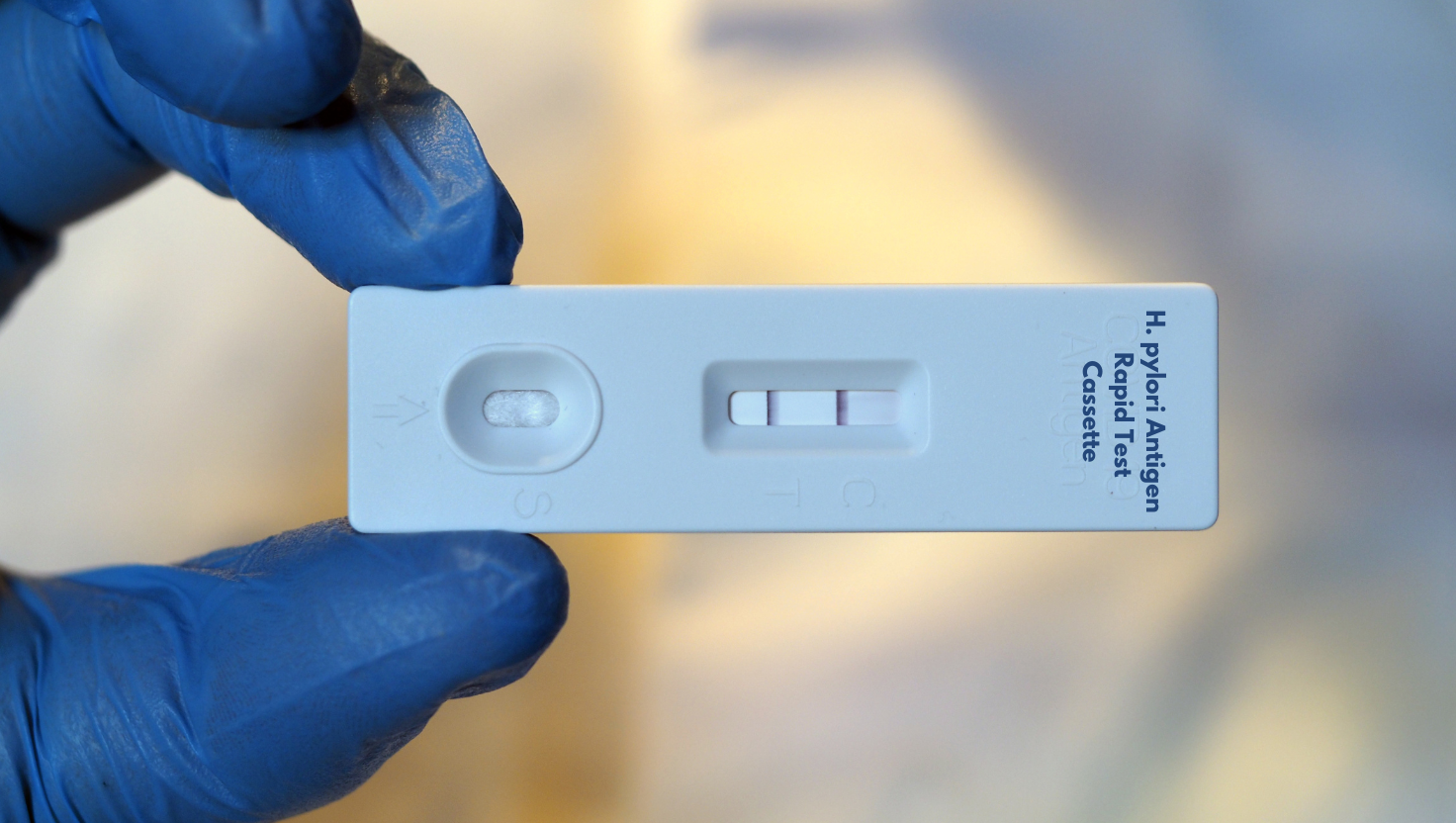Introduction
Among the countless microscopic organisms that inhabit the human body, one particular bacterium has captivated scientists for decades: Helicobacter pylori (H. pylori). This spiral-shaped microorganism has a fascinating relationship with humans, one that has sparked extensive research and discussions within the scientific community. Despite its small size, H. pylori has a significant influence on its environment, shaping interactions in the microbiological world in unique ways.
Discovery and Adaptation
The story of H. pylori began in the late 20th century when researchers uncovered its presence in the human digestive system. What made this bacterium truly intriguing was its ability to thrive in an environment that was previously considered inhospitable to microbial life. The inner lining of the stomach, known for its highly acidic conditions, was thought to be a place where very few organisms could survive. However, H. pylori possesses remarkable adaptations that allow it to persist in such an environment.
One of its key survival mechanisms is the production of a special enzyme that helps neutralize the surrounding acidity. This enables H. pylori to establish itself within the stomach lining, where it can interact with other microorganisms and its host in various ways. Scientists have studied this adaptation extensively, leading to groundbreaking discoveries about microbial resilience and evolution.
A Widespread Presence
H. pylori is found across the globe, with variations in its prevalence among different populations. The bacterium has been coexisting with humans for thousands of years, evolving alongside various societies and geographic regions. Researchers have traced genetic markers of H. pylori back through human migration patterns, providing insights into historical movements and ancient civilizations.
While the presence of H. pylori has been noted in diverse populations, it is particularly common in regions where people live in close communities. The way in which individuals interact with their environment and each other plays a role in the distribution of this microorganism. This has made H. pylori an important subject of study in understanding microbial diversity and adaptation.
The Microbial Ecosystem
The human body is home to a vast and complex ecosystem of microorganisms, collectively known as the microbiome. Within this ecosystem, H. pylori interacts with a variety of other bacterial species, forming a dynamic balance. The presence of H. pylori can influence the composition of the microbiome, affecting the way different bacteria coexist.
Researchers continue to explore the intricate relationships between H. pylori and the microbiome, seeking to understand how microbial communities function and adapt. These studies contribute to broader research in microbiology, shedding light on the interconnected nature of microorganisms in the human body.
Detection of H. pylori

Advantages of the H. pylori Antigen Rapid Test Cassette
- Rapid Results : The test provides results within minutes, allowing healthcare providers to make prompt diagnostic decisions and initiate appropriate treatment plans.
- Non-Invasive : Using fecal samples makes the test non-invasive and more comfortable for patients compared to endoscopic procedures, which require insertion of instruments into the body.
- Ease of Use : The cassette format and straightforward procedure make the test easy to perform, requiring minimal training for healthcare professionals.
- High Sensitivity and Specificity: The test is designed to accurately detect H. pylori antigens, ensuring reliable results that support effective patient care.
- Cost-Effective : The rapid test cassette offers a cost-effective alternative to more complex diagnostic methods, such as endoscopy or breath tests, making it an attractive option for both healthcare providers and patients.

Check here Our product
Conclusion
H. pylori stands as a testament to the complexity of the microbial world. Its ability to adapt, survive, and interact with its surroundings has made it one of the most studied bacteria in microbiology. As research continues, new discoveries about H. pylori may pave the way for deeper insights into the broader microbial ecosystem, ultimately enriching our understanding of the microscopic world that coexists with us every day.